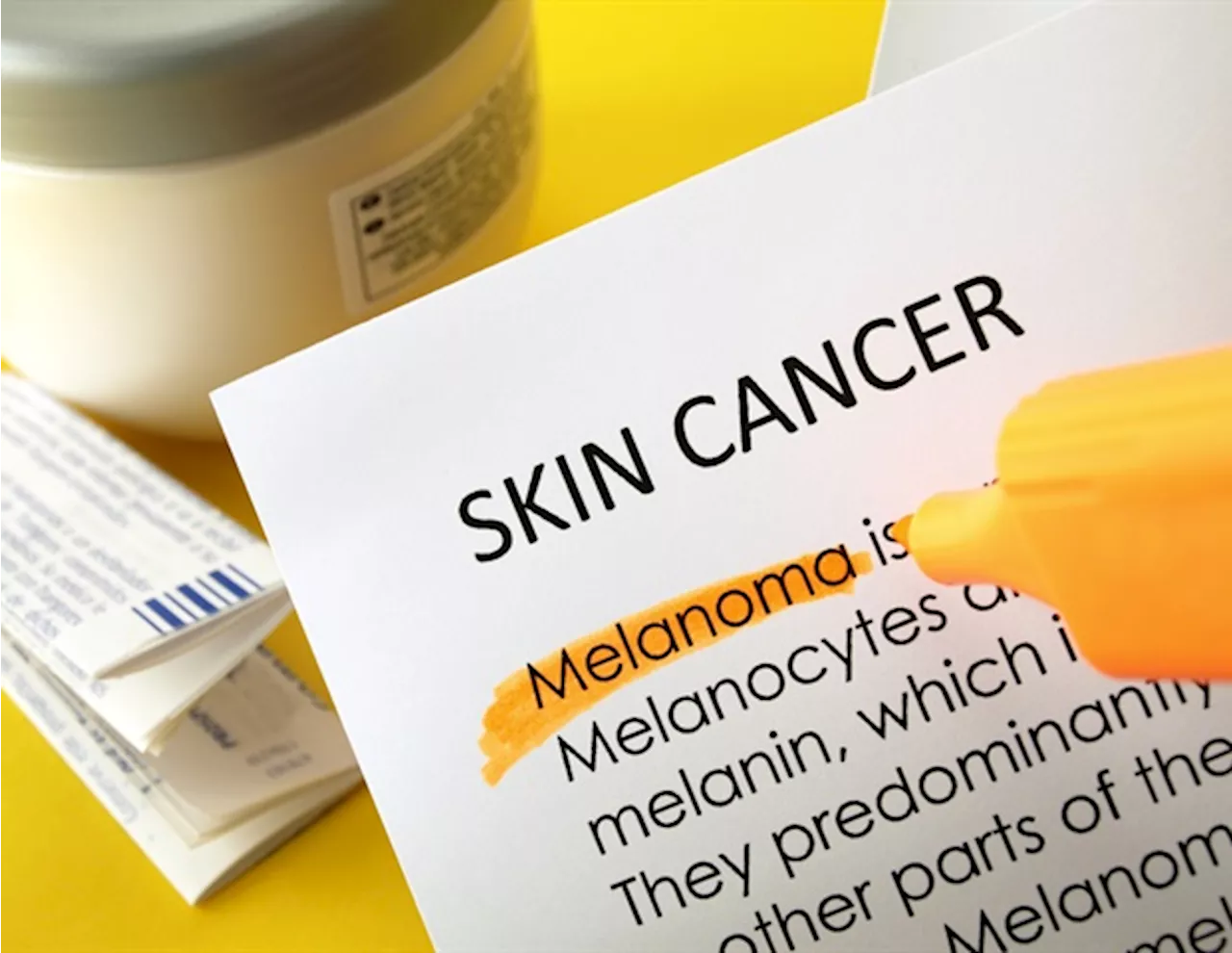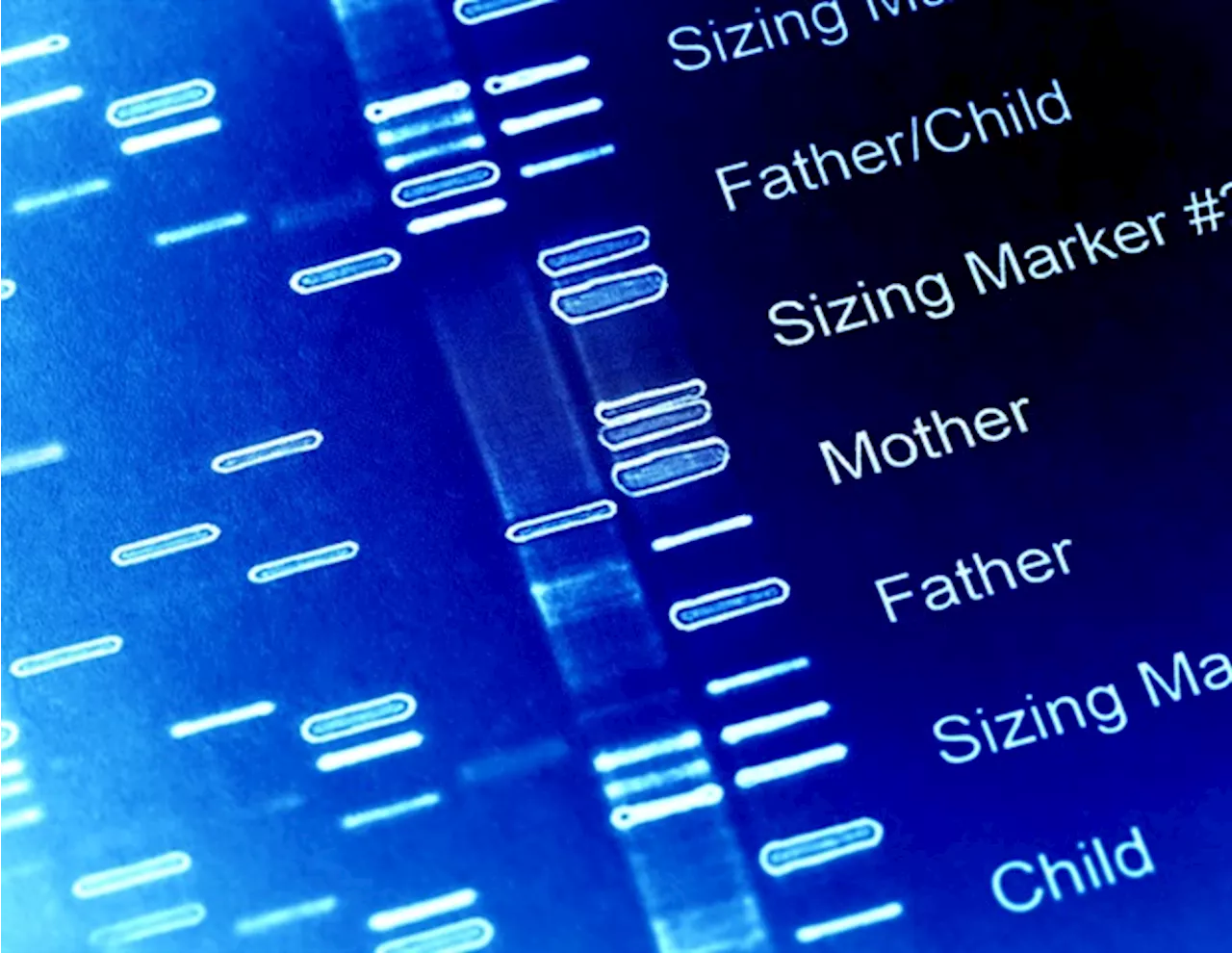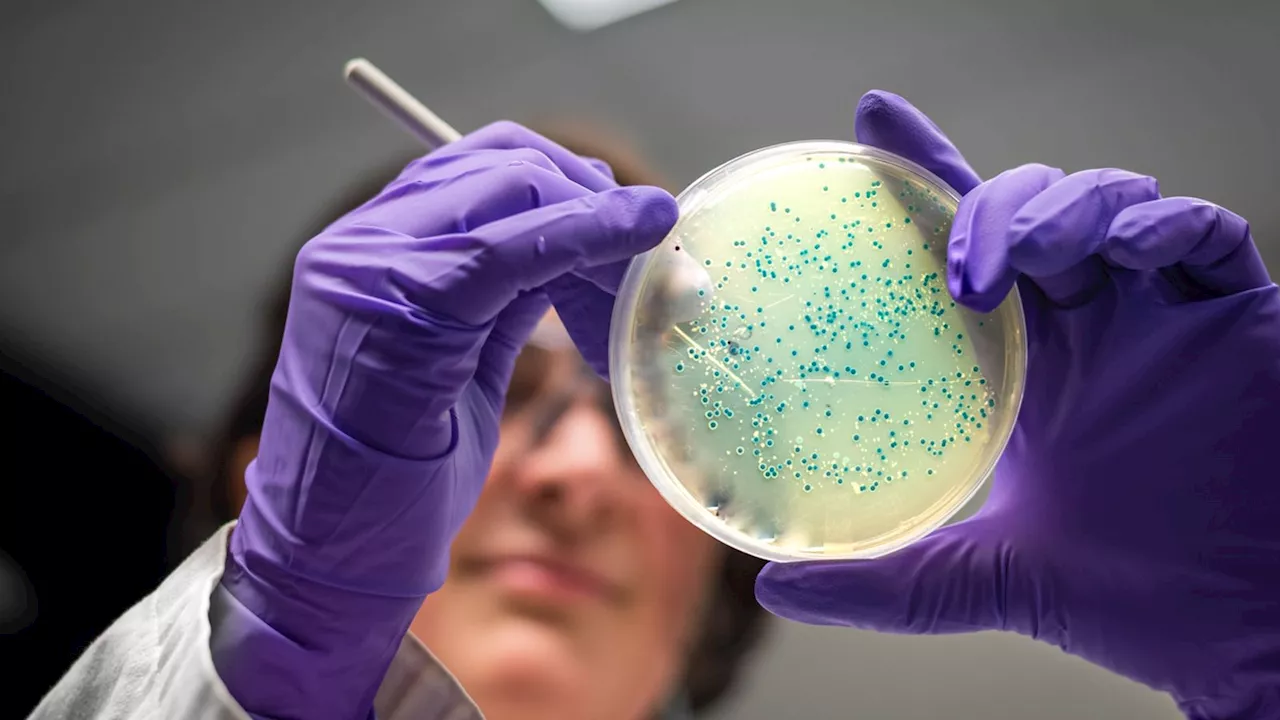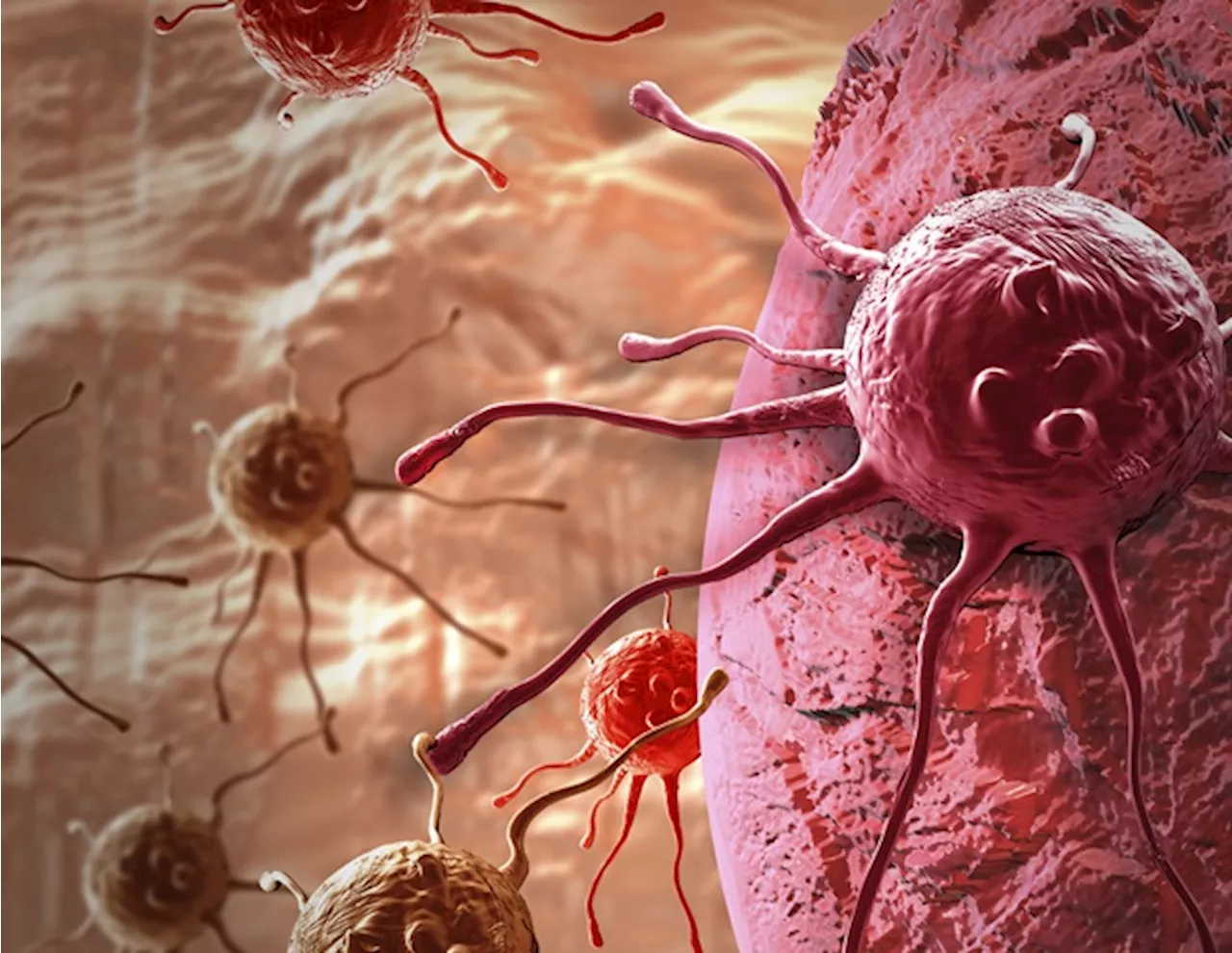Cancer cells are like booming cities without urban planners. They expand quickly, and in doing so, the resulting tumors consume more energy and other resources than they can acquire from nearby blood vessels.
Sanford Burnham PrebysDec 6 2024
Researchers at the NCI-Designated Cancer Center at Sanford Burnham Prebys published findings December 3, 2024, in Nature Communications that describe two enzymes newly identified for their roles in regulating macropinocytosis. The next question facing the research team was how aPKC zeta and iota influence PDAC cells' ability to forage for alternative sources of energy and amino acids. Normally, aPKC enzymes are best known for helping maintain the unique shape and structure of cells in different tissues to help facilitate their specialized functions, known as cell polarity.
In follow-up experiments, the research team tested whether this repurposing of aPKC zeta and iota in PDAC cells contributed to the cancer cells' growth and survival. "We also found that there were lower levels of macropinocytosis taking place in the more nutrient-deprived locations at the core of the tumors treated to remove the aPKCs," said Barjau. "Together, these results in an animal model lend support to our overall finding that aPKC zeta and iota contribute to the control of macropinocytosis and are needed for cancers like PDAC to grow.
Glutamine Adenocarcinoma Blood Blood Vessels Cell Macropinocytosis Nutrients Protein Research Tumor
United States Latest News, United States Headlines
Similar News:You can also read news stories similar to this one that we have collected from other news sources.
 Study uncovers diversity of cancer-associated fibroblasts in skin cancerA study at MedUni Vienna's Department of Dermatology provides insights into the diversity of cancer-associated fibroblasts in white and black skin cancer and describes their different immunomodulatory roles in the tumor environment.
Study uncovers diversity of cancer-associated fibroblasts in skin cancerA study at MedUni Vienna's Department of Dermatology provides insights into the diversity of cancer-associated fibroblasts in white and black skin cancer and describes their different immunomodulatory roles in the tumor environment.
Read more »
 Study identifies DNA collisions driving genetic changes in cancerCancer researchers at the University of Chicago and the University of California, San Francisco (UCSF) have discovered that mutations in certain genes can lead to the accumulation of DNA errors, resulting in a specific type of genetic change known as large tandem duplications (TDs) that can arise from the collision of two critical cellular...
Study identifies DNA collisions driving genetic changes in cancerCancer researchers at the University of Chicago and the University of California, San Francisco (UCSF) have discovered that mutations in certain genes can lead to the accumulation of DNA errors, resulting in a specific type of genetic change known as large tandem duplications (TDs) that can arise from the collision of two critical cellular...
Read more »
 'Disease-causing' salmonella could actually help combat bowel cancer, study suggestsSalmonella, which can cause food poisoning, could be engineered to allow a type of white blood cell that protects the body from infection and disease to kill cancer cells.
'Disease-causing' salmonella could actually help combat bowel cancer, study suggestsSalmonella, which can cause food poisoning, could be engineered to allow a type of white blood cell that protects the body from infection and disease to kill cancer cells.
Read more »
 Study shows AI can predict prognosis in triple-negative breast cancerResearchers at Karolinska Institutet in Sweden have investigated how well different AI models can predict the prognosis of triple-negative breast cancer by analyzing certain immune cells inside the tumor.
Study shows AI can predict prognosis in triple-negative breast cancerResearchers at Karolinska Institutet in Sweden have investigated how well different AI models can predict the prognosis of triple-negative breast cancer by analyzing certain immune cells inside the tumor.
Read more »
 Covid could cure cancer, scientists discover – as virus ‘shrinks tumours’ in breakthrough study...Covid symptoms
Covid could cure cancer, scientists discover – as virus ‘shrinks tumours’ in breakthrough study...Covid symptoms
Read more »
 Study shows cannabis as a genotoxic substance with cancer risksCannabis use causes cellular damage that increases the risk of highly cancerous tumors, according to a new paper published in the scientific journal Addiction Biology.
Study shows cannabis as a genotoxic substance with cancer risksCannabis use causes cellular damage that increases the risk of highly cancerous tumors, according to a new paper published in the scientific journal Addiction Biology.
Read more »
